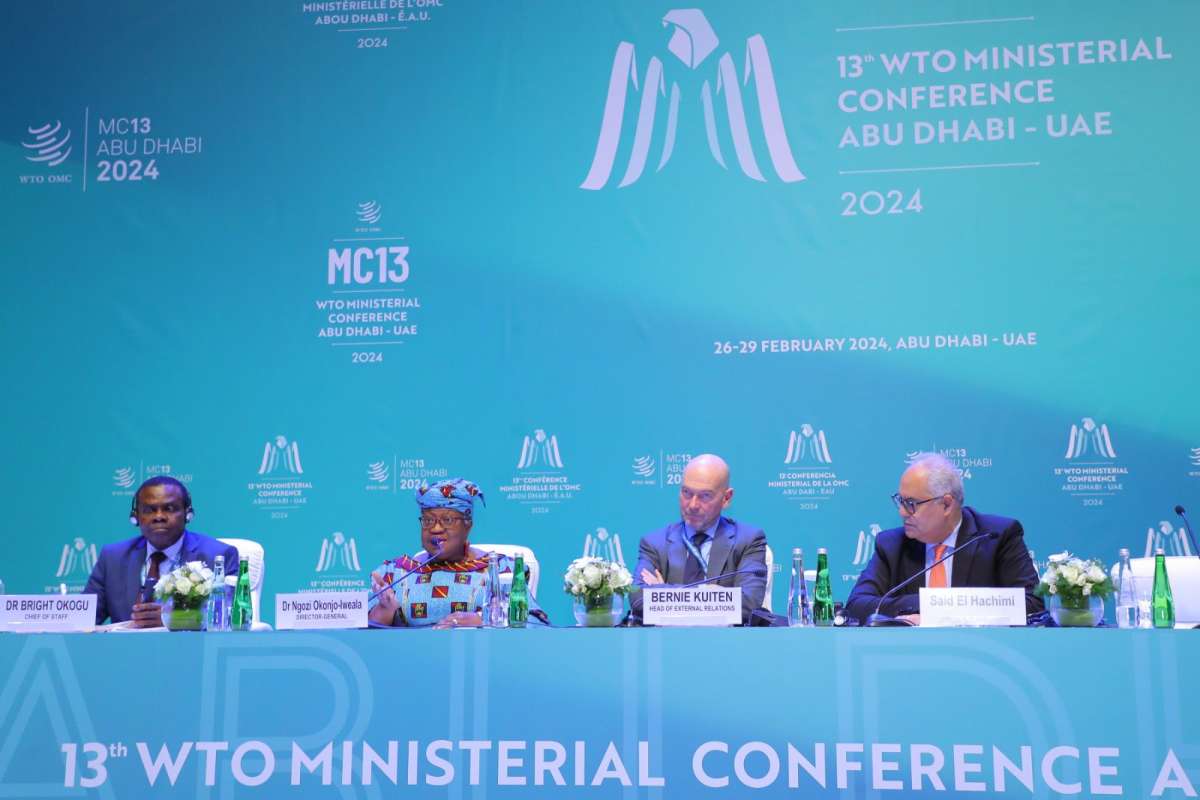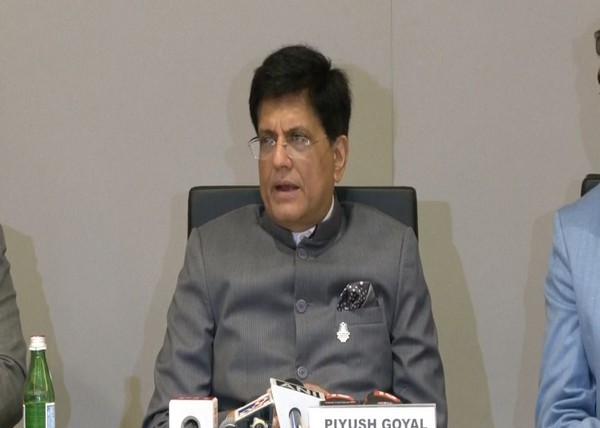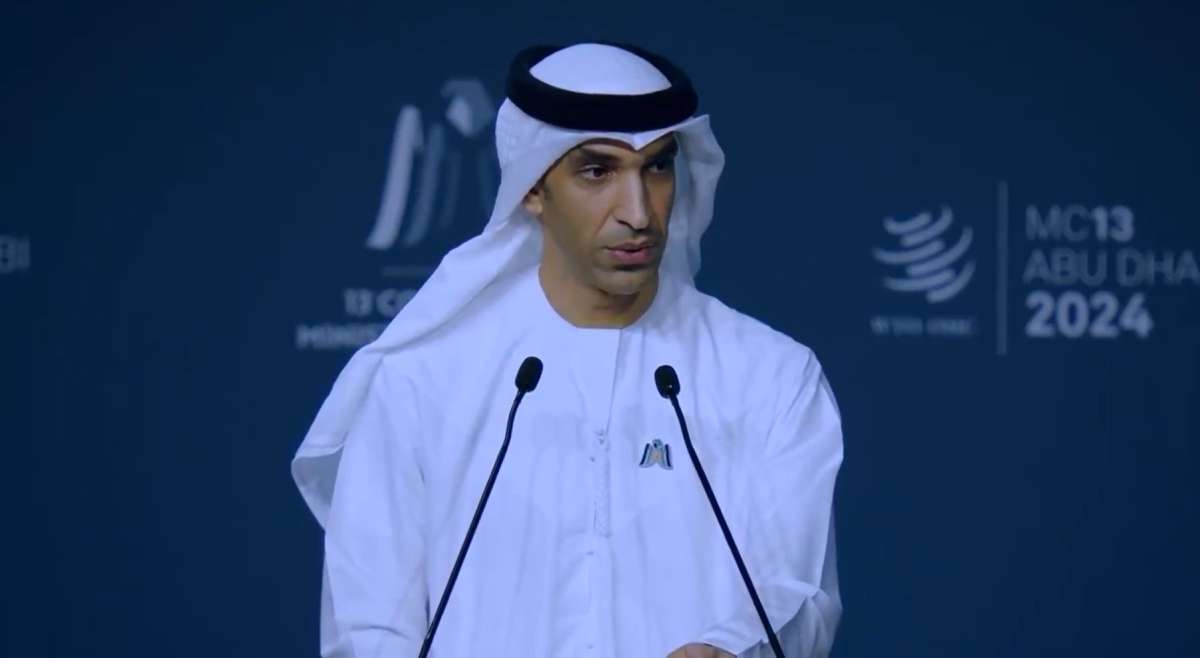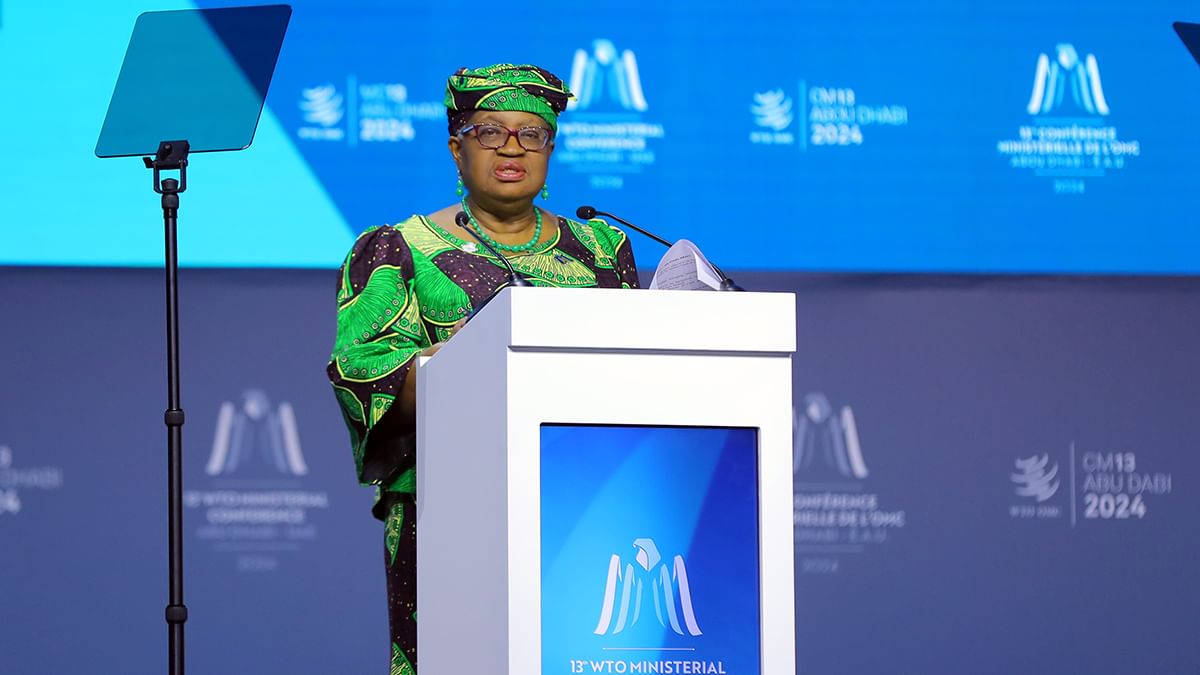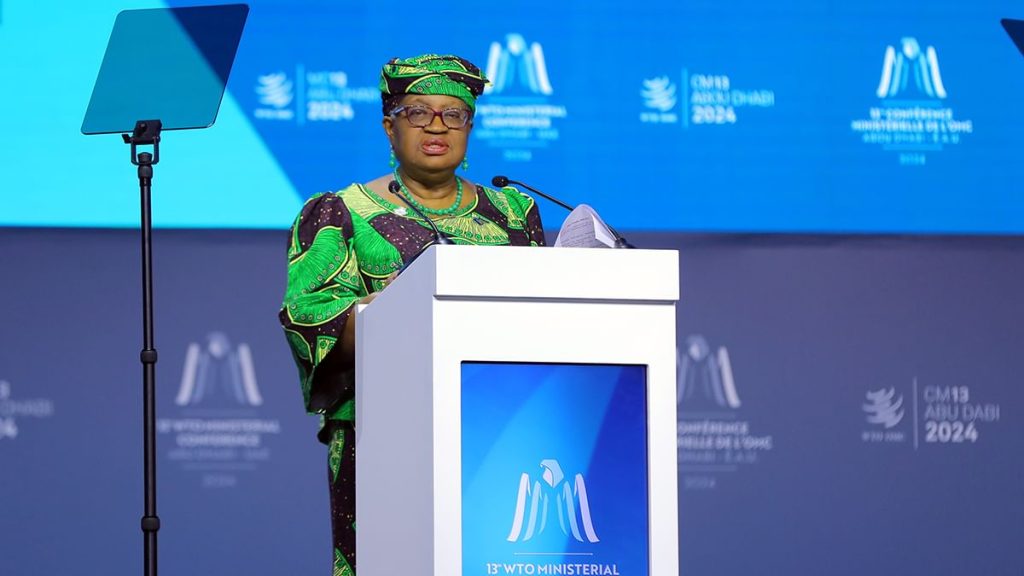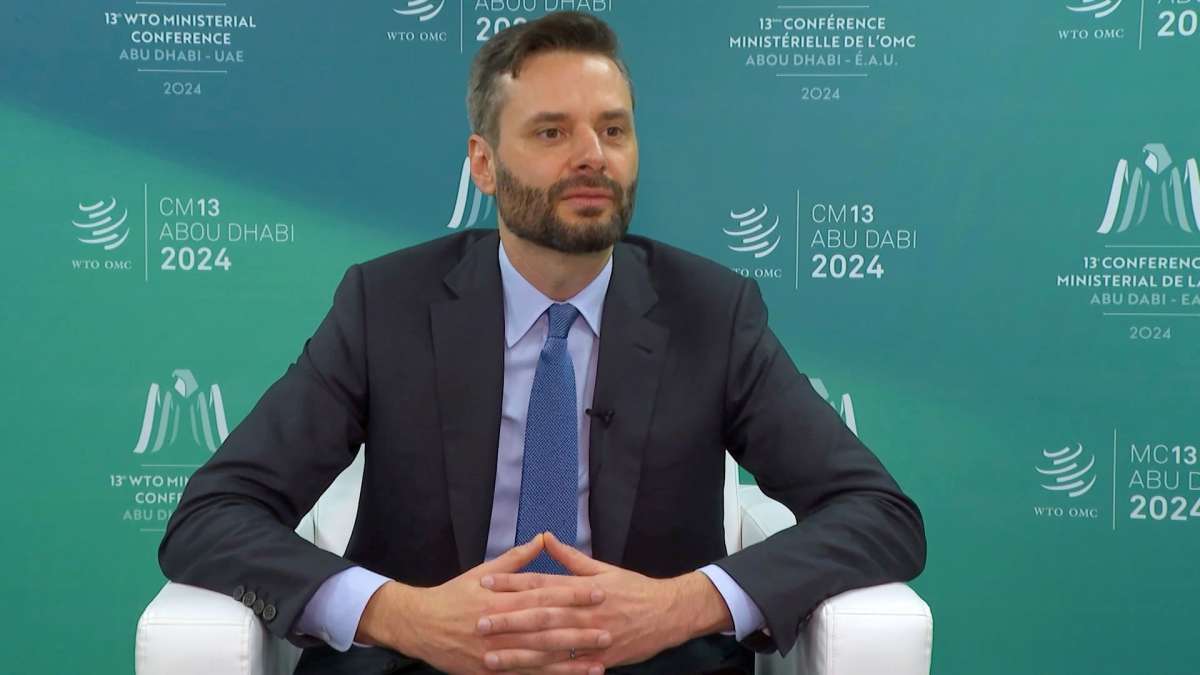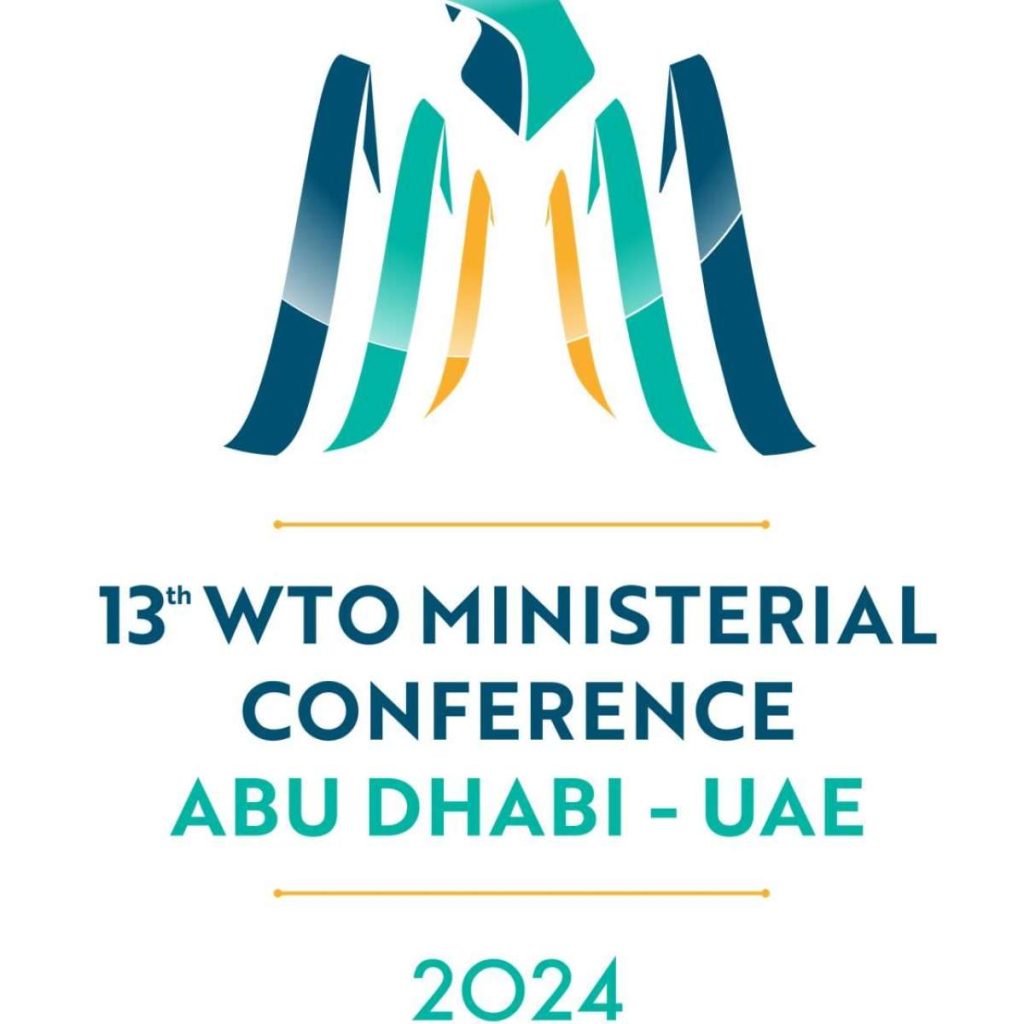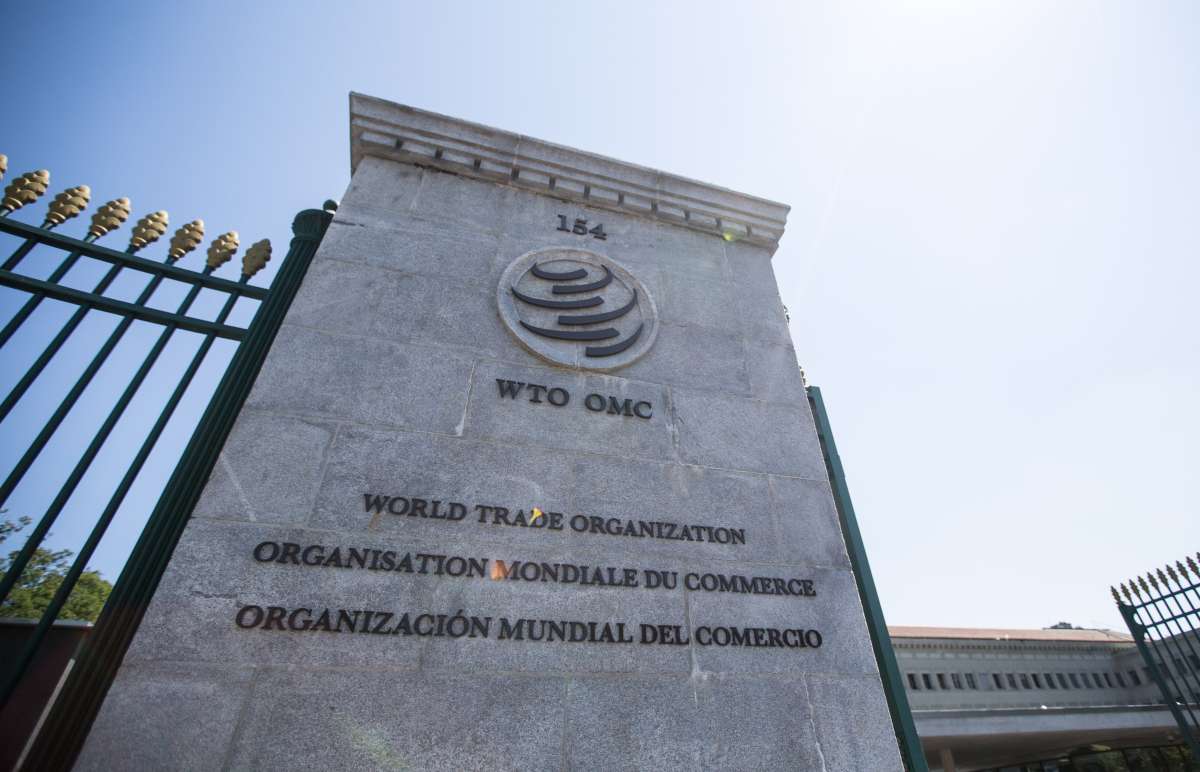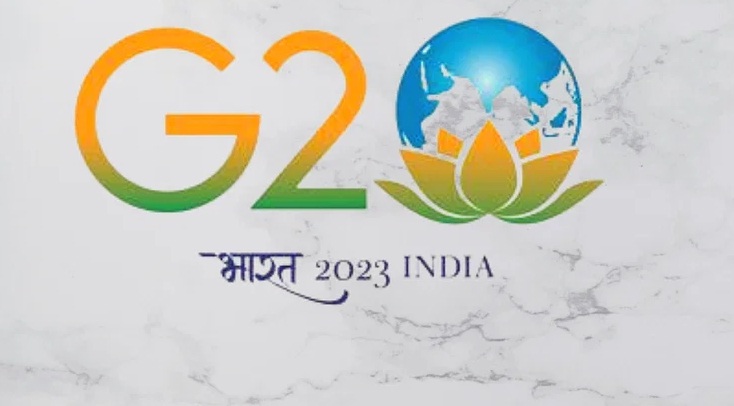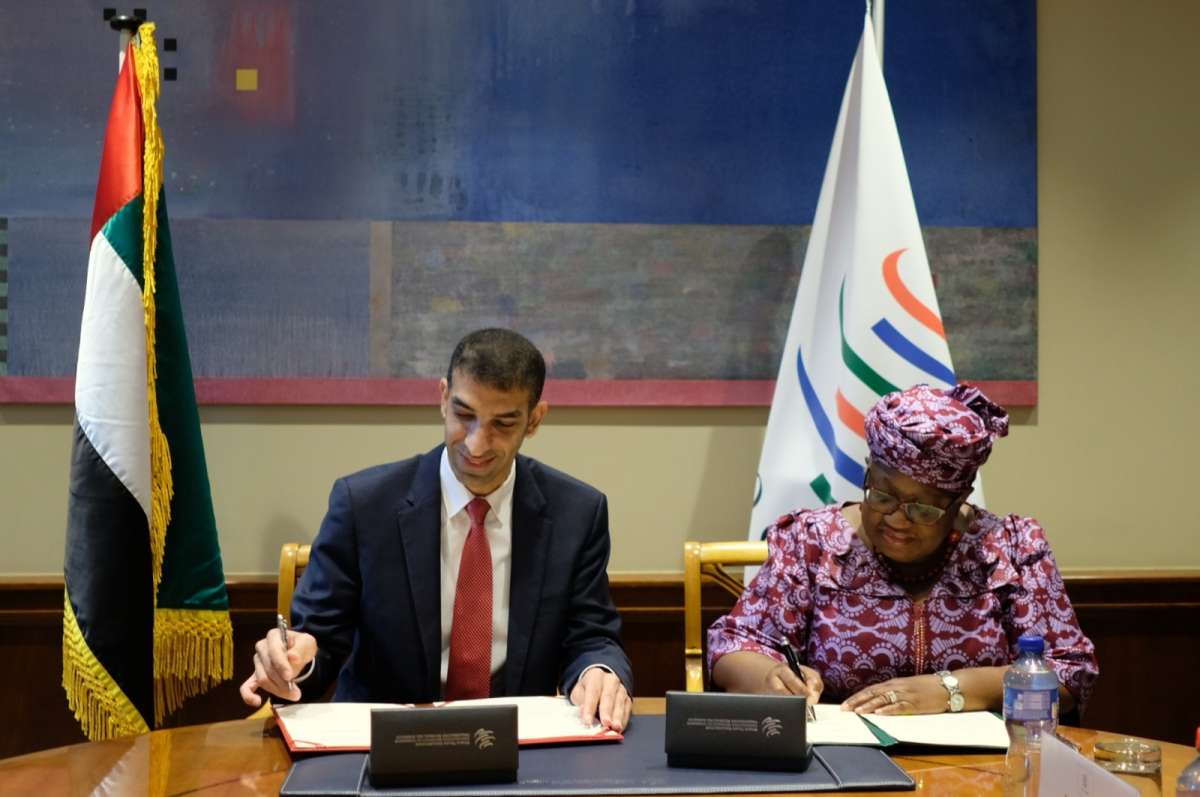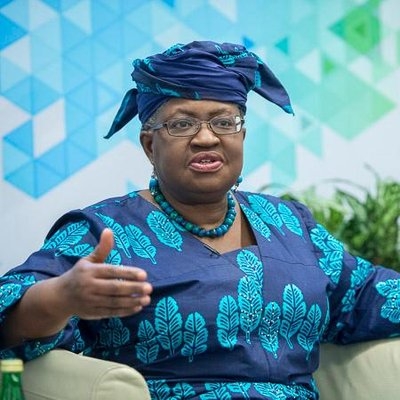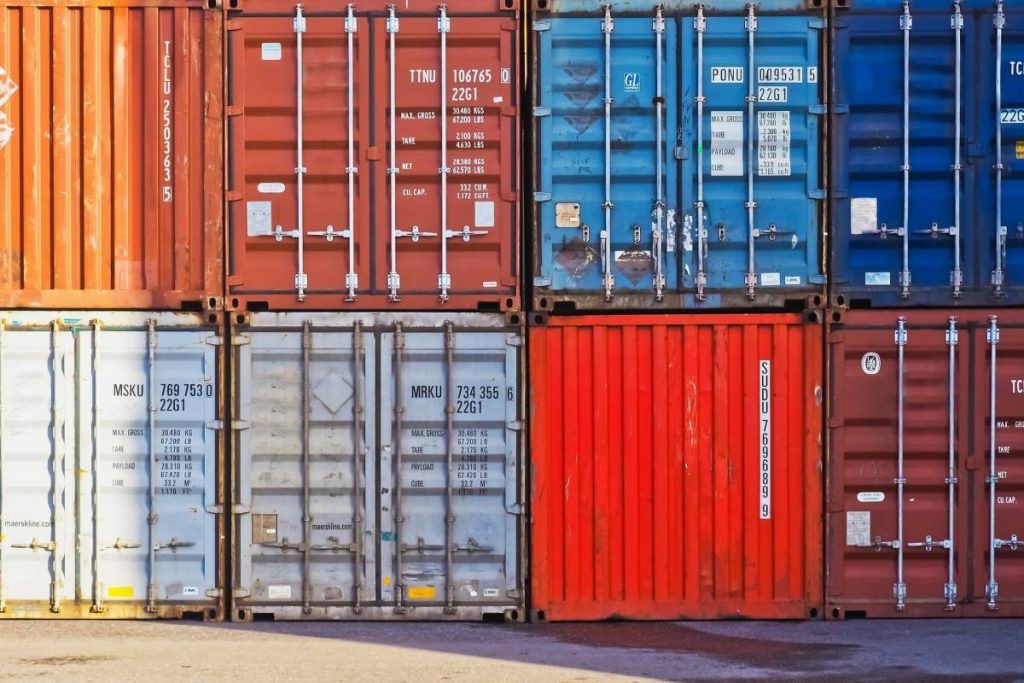The extension has been made after Ngozi Okonjo-Iweala called on members to go the extra mile to find convergence on the various negotiations at the ministerial gathering….reports Asian Lite News
The World Trade Organization (WTO) 13th Ministerial Conference at Abu Dhabi has been extended until Friday, March 1, to allow further discussions and facilitate outcomes on main issues.
The decision was taken after WTO Director-General Ngozi Okonjo-Iweala held consultations with MC13 Chair, Thani bin Ahmed Al Zeyoudi, and the minister facilitators, WTO announced in a statement. The 13th Ministerial Conference was initially scheduled to close on February 28 at 8 pm (local time).
The extension has been made after Ngozi Okonjo-Iweala called on members to go the extra mile to find convergence on the various negotiations at the ministerial gathering.
In a statement, WTO said, “At the meeting of Heads of Delegation (HoDs) on 28 February, DG Okonjo-Iweala called on members to go the extra mile to find convergence on the various negotiations at the ministerial gathering and to be mindful that time is running out to conclude meaningful agreements.”
Ministers and delegates from across the world gathered in Abu Dhabi for World Trade Organization (WTO) meeting that began on February 26, to discuss and deliberate upon global trade rules.
WTO, a global watchdog, founded about three decades ago, now has 166 member countries, including India. This year, Timor-Leste and Comoros have been added as members of the WTO. The WTO’s 12th Ministerial Conference (MC12) was held in Geneva, Switzerland from June 12-17, 2022.
At the ongoing 13th ministerial conference of the WTO, India stressed that all policy options should be available for the WTO members to pursue for promoting digital industrialisation.
According to Ministry of Commerce and Industry press release, India stressed that currently, a few firms based in developed countries dominate the global landscape of e-commerce.India explained that there was a huge digital chasm between developed and developing countries, which makes it challenging to increase the participation of developing countries in global e-commerce.
India reiterated that with the digital revolution still unfolding and with the increasing diffusion of technologies such as additive manufacturing and 3D printing, data analytics, artificial intelligence, and the Internet of Things, there was a need for a re-examination of the implications of the moratorium on customs duties on electronic transmissions, particularly for the developing countries and the LDCs.
India said that developing countries need to focus on improving their domestic physical and digital infrastructure, creating supportive policy and regulatory frameworks, and developing digital capabilities.
India’s own digital transformation is powered by its unshakeable belief in innovation and its commitment to speedy implementation.Through the Digital Public Infrastructure (DPI) approach, India is promoting innovation, democratising technology and fostering a competitive ecosystem for digital businesses.
DPI has spurred a national technology revolution in areas like commerce, credit, healthcare, payments, e-governance, citizen services among others. India’s own experience shows that a broad thrust on digital infrastructure, skills, education and enabling policies has spurred rapid, population-scale digitalization. (ANI)
ALSO READ: UAE President Honours Oversight Panel Over FATF Exit

